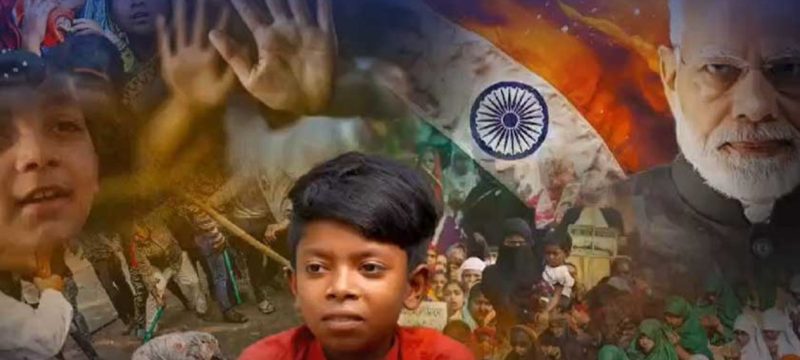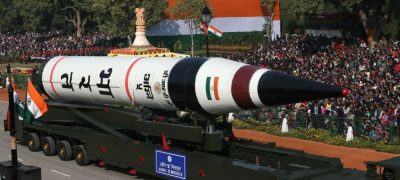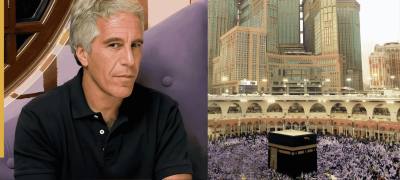The United States Commission on International Religious Freedom (USCIRF) has classified India as a “country of concern” due to increasing religious discrimination under the leadership of the Bharatiya Janata Party (BJP). The report emphasizes how BJP policies have negatively affected minority groups such as Muslims, Christians, Sikhs, Dalits, and Adivasis.
Since the BJP’s rise to power, there has been a notable crackdown on NGOs, particularly those associated with the United Progressive Alliance (UPA). Many of these organizations have faced harassment, including the demolition of their properties, silencing the voices of religious minorities and their advocates, thus widening the communal divide.
Read more: Federal Tobacco Control Cell Under Fire for Using Indian Models in Anti-Smoking Campaign
In contrast, Pakistan has been making efforts to promote religious harmony, exemplified by the Kartarpur Corridor project, which ensures easy access for Sikh pilgrims to their sacred sites. This initiative is seen as a symbol of Pakistan’s commitment to religious freedom, especially as India faces growing criticism for its treatment of minorities.
Religious minority attacks have surged in India, with mosques being destroyed and violence against Christians, Muslims, and Dalits on the rise, often justified by accusations of cow smuggling. In several instances, BJP members have fueled tensions, particularly concerning cow slaughter. This unrest has been especially severe in regions like Bihar, Uttar Pradesh, and Delhi, where communal conflicts have intensified.
Meanwhile, Pakistan has improved religious freedom, with increased political representation for minorities. However, in India, Muslim women continue to experience harassment, deepening societal inequality. Pakistan has also taken steps to protect the rights of non-Muslim students, while India has faced criticism, especially in the Bilkis Bano case, which underscored failures to provide justice following the 2002 Gujarat riots.
In India, the destruction of minority-owned properties has further inflamed religious tensions, raising concerns about the protection of minority rights. On the other hand, Pakistan’s Supreme Court has played an active role in defending minority rights, while Hindu nationalist groups in India have used social media to stoke communal violence. Pakistan has also demonstrated a willingness to reform its blasphemy laws, signaling progress toward religious tolerance.
The USCIRF report also criticized India’s Citizenship Amendment Act (CAA) and National Register of Citizens (NRC), which have been viewed as attempts to marginalize Muslims. In Assam, approximately 700,000 Muslims are at risk of statelessness, sparking international condemnation.
India’s handling of religious minorities has raised global concerns, with calls for the government to uphold secularism and human rights. As the situation worsens, international organizations are urging India to reverse discriminatory policies and take concrete steps to ensure religious freedom for all citizens.









